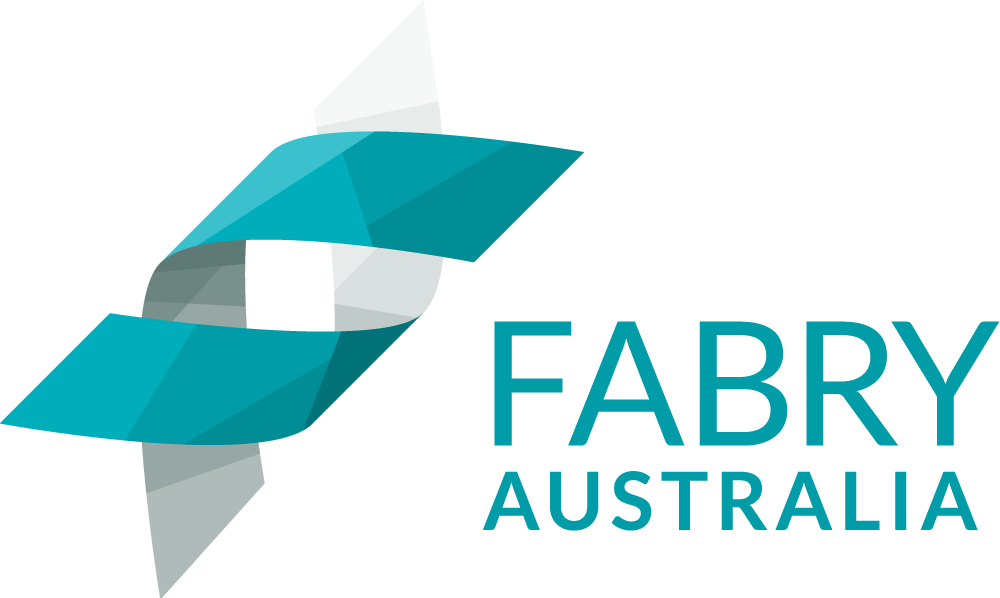Celebrating 30 years of Fabry Australia with ‘30 Fabry Stories, from the Australian Fabry Community.’
Margaret Davie started the support group Fabry Australia 30 years ago after her husband was diagnosed with the rare disease, Fabry.
“Forming the Fabry support group has been one of the best things I’ve done in my life.”

“When my late husband David received his diagnosis, it was a relief, but also daunting. After years of experiencing painful symptoms we finally gave it a name, Fabry. It was unknown back then.
I wrote an article in the Australian Women’s Weekly to try to reach out to other people who may be living with similar symptoms and not diagnosed. I had so many people contact me and as a result we started the support group and held our first meeting with 55 members at the Murdoch Institute at the Royal Melbourne Children’s Hospital in 1994.
David died at age 55 while undergoing heart surgery. He had a terrible time with his condition. My daughter Megan was told she was a carrier as Fabry is passed on 100% from father to daughter. I was pretty devastated at the time of David’s diagnosis, but you learn to live it.
Forming the support group has been one of the best things I’ve done in my life. Many people told us smaller patient advocacy groups can fall apart but we didn’t. We dug our heels in and never said it was all too hard.
Initially we were told that we couldn’t develop the group in Australia as the disease was so rare, but we persisted, and eventually a specialist Fabry clinic was set up at Royal Melbourne Hospital, run by Dr Kathy Nicholls. She’s still there today treating more Fabry patients.
We’ve seen incredible advances in the 30 years since we started the group. We got funding from the Federal Government for Fabry treatment. That was a huge moment because we felt we were recognised as a rare disease. We helped fund medical students to research Fabry.
The biggest thing for me was the support we built for patients and families. Knowing there’s someone else out there who understands what you’re going through. Everyone handles it differently. Some people can’t handle it very well, psychologically. When you meet other people affected by Fabry it feels like family.
I just hope they find a cure for Fabry in the future. It’s possible with the advances in genetics now. I think there’s great hope for future generations.”
